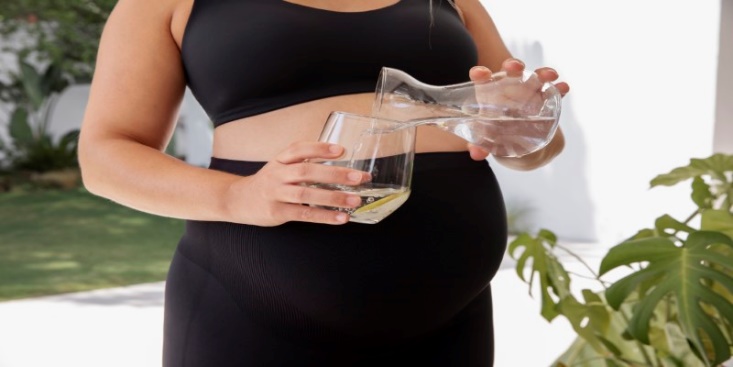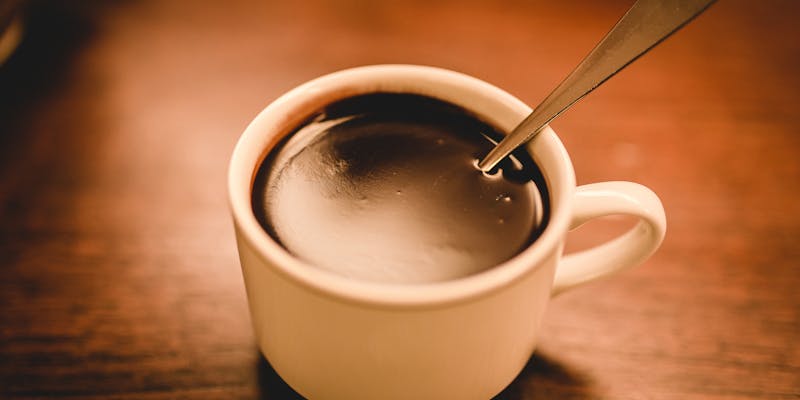Water weight is a common thing everyone can experience; the problem is that people don't know what it is. Water weight is the bloating or the water retention in the body. It is also called edema, which can be uncomfortable.
Throughout the day, a person can see changes in their weight, and one of the primary reasons for this is the water retention that happens in the body. Persistent water retention can be problematic and cause swollen feet, ankles and edema. This is why it is essential that you get rid of this weight and make sure your body is not retaining water than the usual quantity. In this article, you will learn how to get rid of water weight and stay healthy. So, let's jump right into the article.
What is Water Weight?

Before learning how to get rid of water weight, you need to know what this is. A human body is made from 50 to 60% water, but this is the average amount of water that should be present in a human body. If this amount of water is not present in a person, they are dehydrated, and this can affect the normal functions of the human body.
Any water that is more than 50 to 60% of the human body is considered as the water weight. It is also called water retention; in chronic cases, it is called edema. Water weight is when your tissues retain more water, which can be due to many reasons. One of the most common reasons is kidney issues, when the body cannot eliminate the right amount of fluids. This can cause electrolyte imbalance and can become deadly for the human if not treated properly.
How to Lose Water Weight?

A person must start managing the water weight naturally so it does not become chronic. Below, we have mentioned some of the ways through which you can do this naturally and stop excess water retention.
Increase the Water Intake:
You might be wondering why you should drink more water when your body already has excess water. Drinking more water, in this case, can be very helpful because it will help with kidney regulation and the concentration of sodium and electrolytes in the body.
When the body is adequately hydrated, the kidneys will stop absorbing more sodium. This will eventually reduce the retention of water, which will be discarded through the urine. When the body is dehydrated, the kidney starts reabsorbing the sodium and retains water, which can cause an increase in weight and also, in some cases, bloating. Thus, it is essential to consume the proper amount of water.
Exercise is a Must:
We cannot emphasize enough the importance of exercise. To regulate the body's water content, you must exercise because it helps with sweat production. Sweat is another form through which the water can be released from the body, and the proper balance of water content is ensured.
When you are exercising, you also see that the muscles absorb the water. This will also reduce the extracellular water content and the chances of getting the water weight.
Increase Potassium Consumption:
Another thing you can do to avoid water retention is to consume potassium. Potassium is an important electrolyte that works for fluid balance. It will work against the sodium, reduce water retention, and help with the excretion.
The best way to do this is to eat potassium-rich food such as potatoes, apricots, spinach, seafood, and other things.
Manage the Salt Intake:
Salt is one of the significant things that you should keep an eye on. Sodium is the electrolyte on which the water absorption is based. If you are eating too much or too low salt, then it can cause serious health issues and electrolyte imbalance in the body. Consuming too much salt will make your body absorb more water, and this can increase the water weight.
If there is a sudden increase in salt intake, then it will also cause an increase in thirst, and your body will also increase water absorption. Both of these processes can harm your body as they will start water retention.
Reduce the Levels of Carbohydrates:
Another thing that can be beneficial for managing the body's water weight is carbohydrates. They can also cause water to be stored in the body. When the body does not use all the carbs for energy, they are stored as glycogen. Every 1 gram of glycogen is stored with 3 grams of water. This means that more water will be stored when the body has extra carbs.
Hence, it is suggested that the intake of carbs be reduced. When there is less consumption, the body will start breaking down the glycogen for energy. This will also release all the stored water, and you can get rid of the excess water in the body.
Supplements:
There are also different supplements that are effective for flushing excess fluid from the body. Calcium and Vitamin B-6 are the most common natural remedies to help you with this process. They help the kidneys absorb more water and excrete it through the urine. They can also help with abdominal bloating, reduce the swelling in the legs and help with other things. Therefore, it is recommended that you take your vitamins to maintain a healthy body.
Final Words:
Water is good for your body, and drinking at least eight glasses of water per day is suggested. However, too much water in the body can also be harmful. When the water content is high in the body, it can cause swelling and edema and disturb the electrolyte balance.
This can become fatal for the body, and you might need immediate medical intervention. Therefore, it is best to naturally ensure that your body stays healthy without extra water weight. This can be done with proper diet and exercise.







